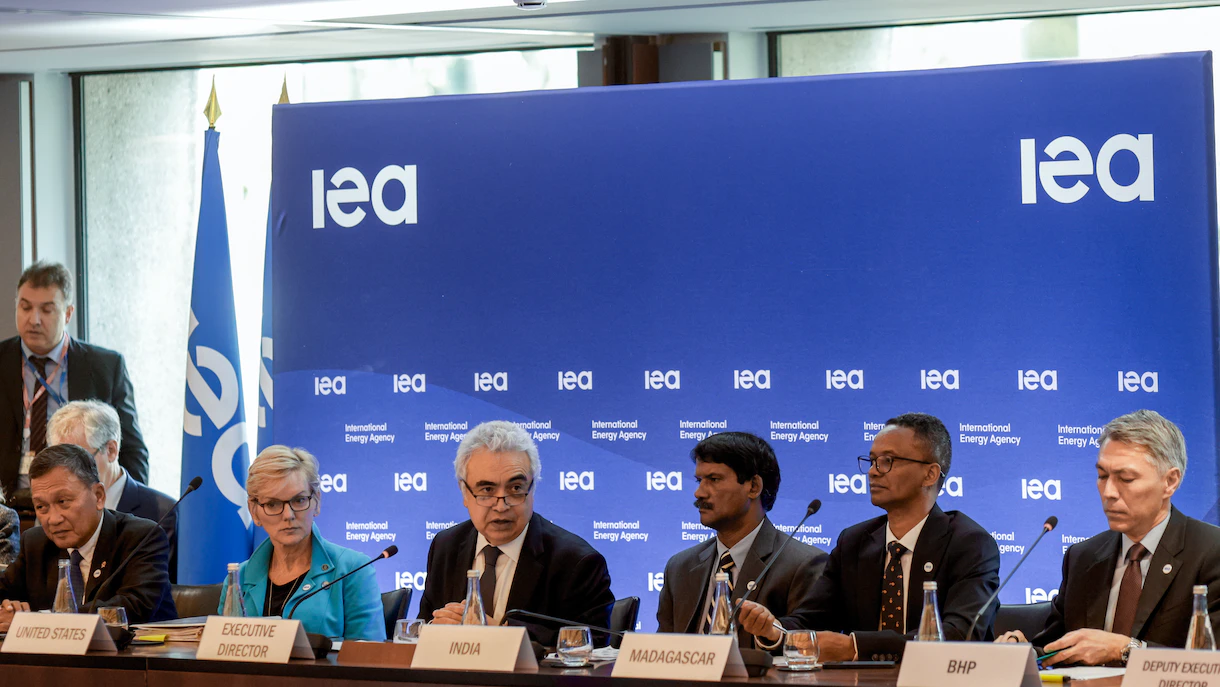
16/10/2023
IEA’s ‘blueprint’: Six strategic actions for secure, sustainable and responsible critical minerals supply chains
Late September 2023, ministers, industry leaders, investors, international organisations and civil society convened at IEA (International Energy Agency) headquarters for first-of-its-kind summit to discuss the future of critical minerals.
Being the first international IEA Critical Minerals and Clean Energy Summit, the event applauded governments’ enthusiasm to deploy the clean energy transition, as well as their quick actions to ensure secure and sustainable supplies of critical minerals. With a concerning scenario portraying surging demand of minerals such as lithium, cobalt, nickel and copper, driven by the deployment of clean energy technologies, the first international summit identified six key actions to ensure secure, sustainable and reliable supplies of critical materials:
- Accelerate progress towards diversified minerals supplies.
- Unlock the power of technology and recycling, setting priorities on sustainable extraction and processing technologies and to increase the recycling rates covering all potential streams: e-waste, industry scrap, end-of-life batteries, wind turbines and permanent magnets.
- Promote transparency in markets: “The participants emphasised the need to promote transparent markets that facilitate new investments by reinforcing due diligence and traceability practices.”
- Enhance the availability of reliable information, with enhances focus on producing public up-to-date data, facilitating decision-making processes among various stakeholders.
- Create incentives for sustainable and responsible practices: “rewarding environmental, social and governance (ESG) efforts and speeding up approvals of new facilities without loosening legal and regulatory protections.”
- Foster international collaboration.
The majority of these strategic actions are already included in the core of the LiCORNE project. Launched in October 2022, LiCORNE is designed to establish the first European Lithium complete supply chain. Its main objective is to increase the processing and the refining capacity for battery-grade chemicals from resources available in Europe: ores, brines, tailings and off-specification battery cathode materials (waste).
With increased interest for this first international summit, the IEA will hold a Ministerial Meeting next year, in February, which will provide countries with a platform to evaluate the significance of critical minerals in the global energy security and climate action. Based on shared experiences and information, the event will emphasise transparent and resilient supply chain strategies, and unveil the next phase of the IEA Voluntary Critical Mineral Security Programme.
Photo © IEA